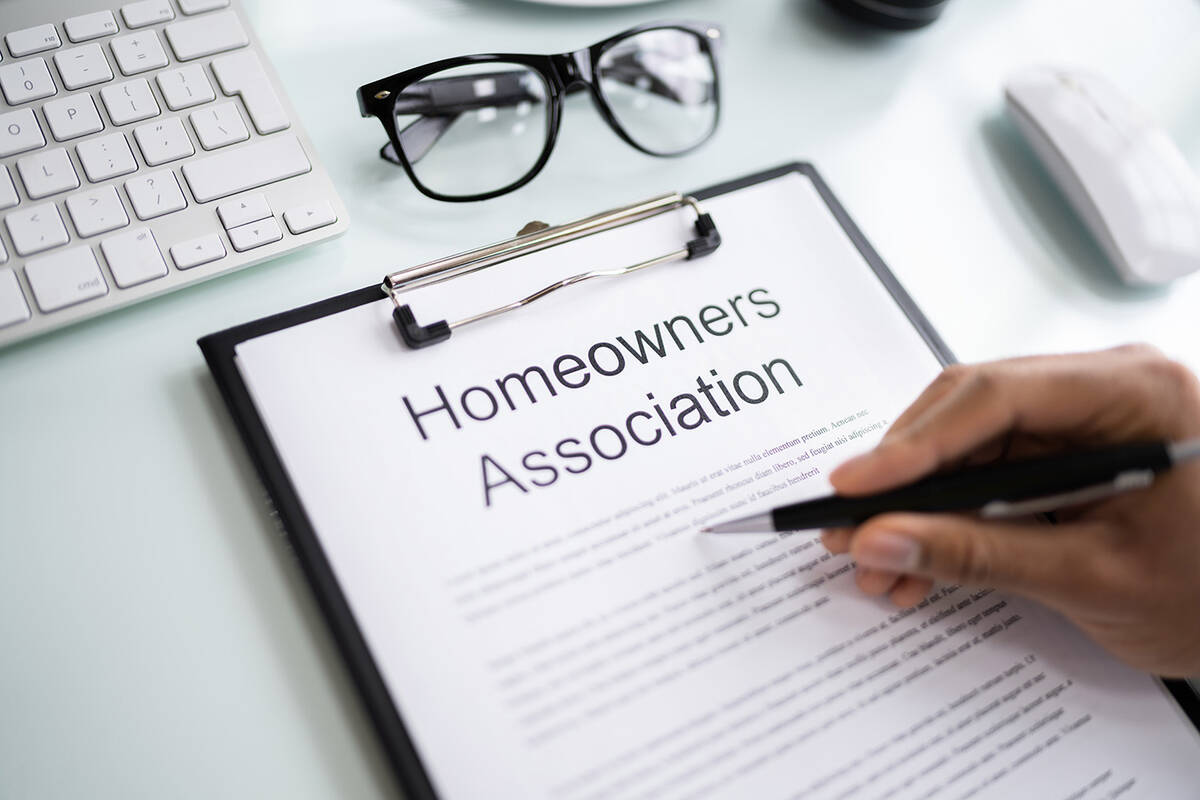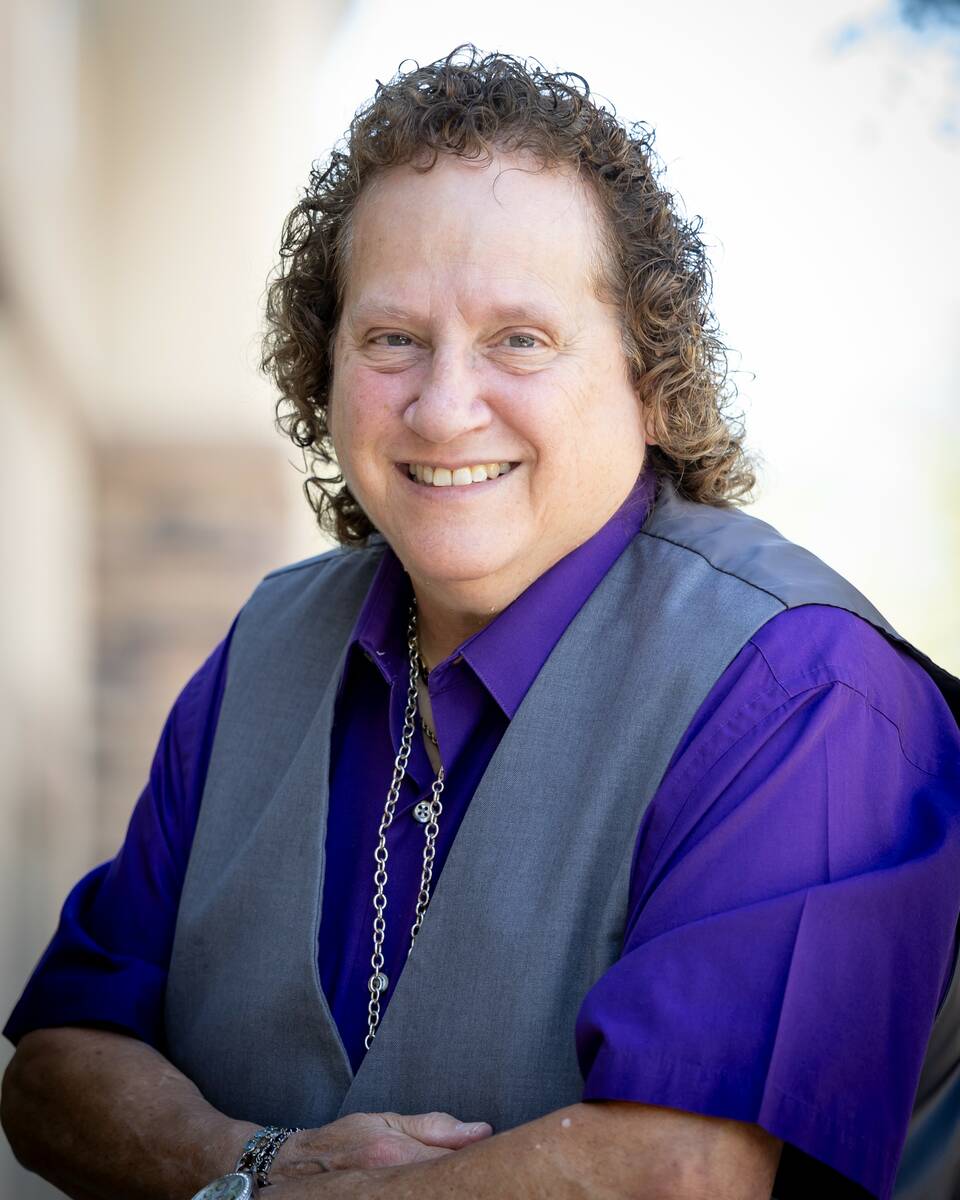Homeowners not allowed to attend committee meetings
Q: Our homeowners association board of directors has established five committees in our community. To date, the board has not permitted unit owners to attend committee meetings. The law seems to be vague regarding committee meetings. Our covenants, conditions and restrictions are as vague as the law. I would interpret that to mean the committees have no greater privileges than the board of directors, and committee meetings should be open unless under executive session. Given these circumstances, would you interpret, as I have, that committee meetings should be open to unit owners unless they meet the same criteria as the board executive sessions do?
A: Under Nevada Revised Statutes 116.11085, if a matter governed by NRS 116 is also governed by NRS 82 (nonprofits) and if there is a conflict, the provisions of NRS 116 would prevail. NRS 116 does not discuss the forming of committees and how they must operate.
After asking you to check your article of incorporation, their association was formed under NRS 82. In this case NRS 82 would prevail. Under NRS 82.206, the statute discusses committees, as followed:
NRS 82.206 committees of board of directors: Designation; powers; names; membership.
1. Unless otherwise provided in the articles or bylaws, the board of directors may designate one or more committees, which, to the extent provided in the bylaws or in the resolution or resolutions designating such committee or committees, have and may exercise the powers of the board of directors in the management of the business and affairs of the corporation, and may have power to authorize the seal of the corporation to be affixed to all papers on which the corporation desires to place a seal.
2. The committee or committees may have such name or names as may be stated in the bylaws or as may be determined from time to time by resolution adopted by the board of directors.
3. Each committee must have at least one director. Unless it is otherwise provided in the articles or bylaws, the board of directors may appoint natural persons who are not directors to serve on the committees.
4. No such committee may:
(a) Amend, alter or repeal the bylaws;
(b) Elect, appoint or remove any member of any such committee or any director of the corporation;
(c) Amend or repeal the articles, adopt a plan of merger or a plan of consolidation with another corporation;
(d) Authorize the sale, lease or exchange of all of the property and assets of the corporation;
(e) Authorize the voluntary dissolution of the corporation or revoke proceedings therefor;
(f) Adopt a plan for the distribution of the assets of the corporation; or
(g) Amend, alter or repeal any resolution of the board of directors unless it provides by its terms that it may be amended, altered or repealed
The power to create committees is a board responsibility unless otherwise stated in their governing documents. You have stated that your CC&Rs are vague and do not specifically address who can serve on the committees. Unless otherwise stated, the board of directors has the authority over their committees.
As a public relations matter, board to homeowners, your board should consider allowing homeowners to serve on committees. Having homeowners on committees provides boards with different perspectives in the operations and management of their associations. In addition, think of committees as the “farm team,” as with baseball, where future board members can be developed. Your board should consider modifing their committee structure.
Barbara Holland, CPM, CMCA, is an author, educator and expert witness on real estate issues pertaining to management and brokerage. Questions may be sent to holland744o@gmail.com.




















